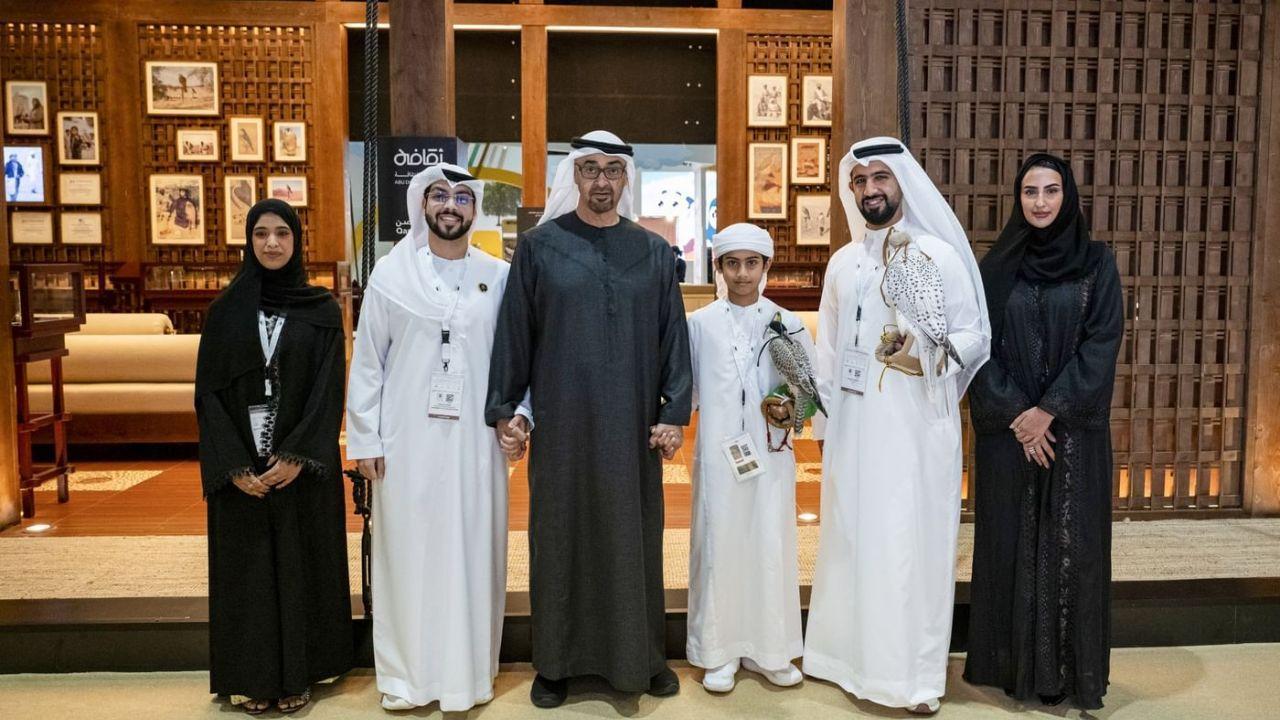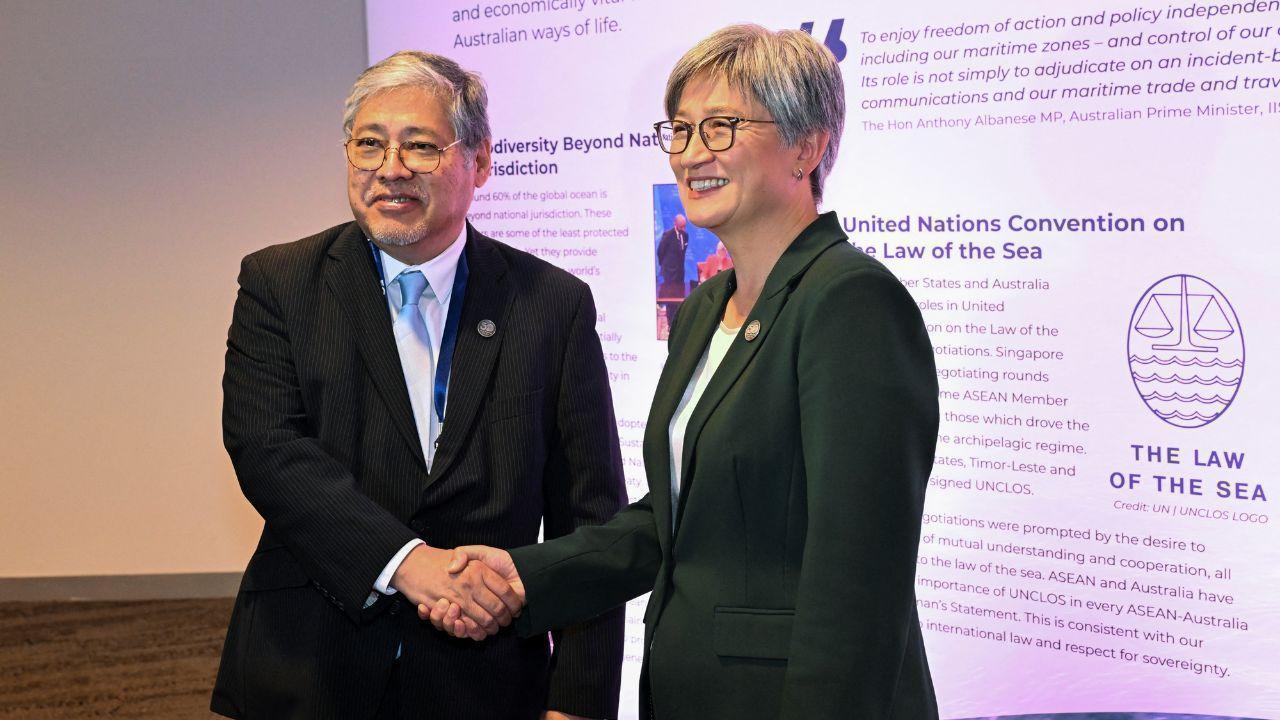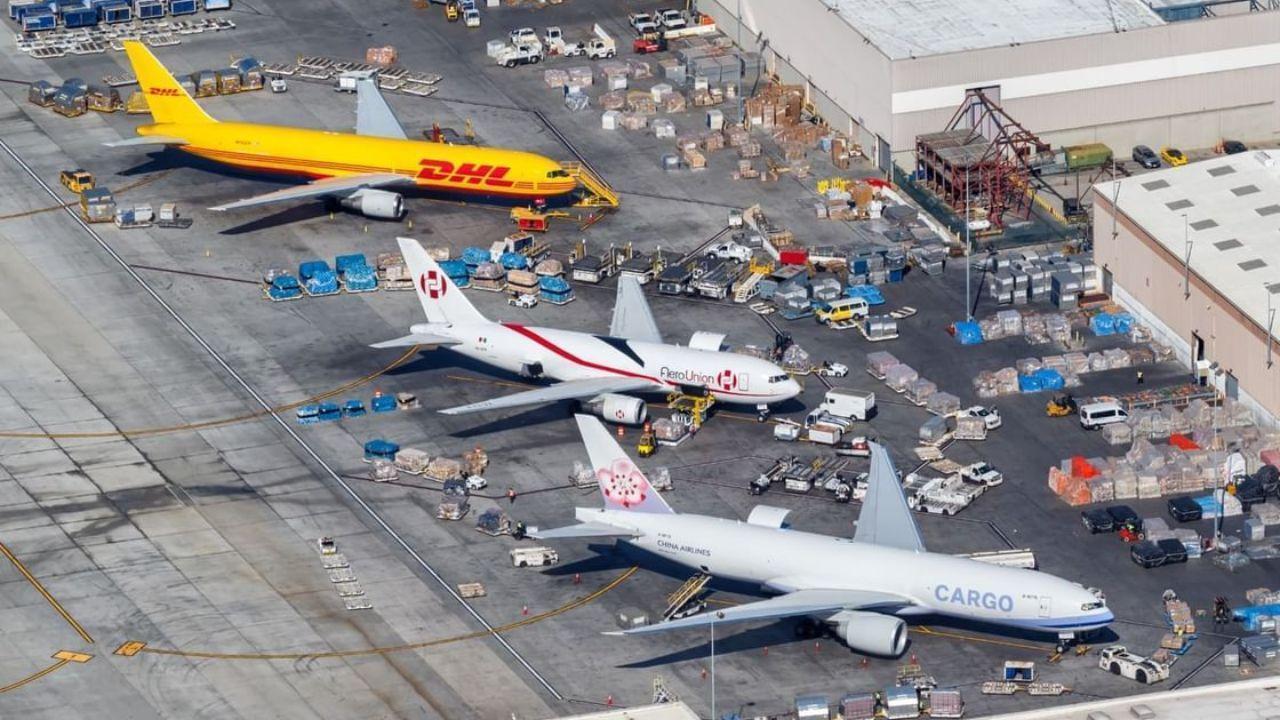
Post by : Layla Badr
On Friday, China achieved another milestone in its growing space program by successfully sending a new satellite into space. The satellite, named Shiyan-29, was launched from the Xichang Satellite Launch Centre, which is located in the southwestern province of Sichuan. According to reports from Xinhua news agency, the launch took place at 10:34 a.m. Beijing Time.
The launch was carried out using a Long March-3C carrier rocket, a reliable and widely used rocket in China’s space missions. This particular mission also included the Yuanzheng-1 (Expedition-1) upper stage, which is a part of the rocket system designed to help satellites reach their exact orbit in space.
Stay informed with the latest news. Follow DXB News Network on WhatsApp Channel
Reaching the Orbit Successfully
The launch was smooth and went according to plan. The Shiyan-29 satellite successfully reached its preset orbit around the Earth. This means the satellite is now in the correct position in space to carry out its missions. The precise positioning is very important for any satellite, as it ensures proper communication with ground stations and allows the satellite to complete its assigned tasks efficiently.
Purpose of Shiyan-29
The Shiyan-29 satellite has been designed mainly for space environment exploration and to test new technologies related to space. This means scientists and engineers will use it to study different aspects of space conditions, such as radiation, cosmic particles, and other environmental factors that exist in outer space. At the same time, the satellite will also serve as a platform to test new equipment and technologies that may be used in future space missions. These experiments help China improve its capabilities in space science and technology.
Significance of the Long March Rocket Series
The Long March series of rockets has been the backbone of China’s space program for many years. This launch marks the 592nd flight mission of the Long March carrier rocket series. Over the years, these rockets have been used for a variety of purposes, including launching satellites for communications, weather monitoring, Earth observation, scientific research, and even sending astronauts to space.
Each successful launch strengthens China’s reputation as a major space-faring nation and demonstrates its technological abilities in designing reliable rockets and managing complex space missions. The Long March series is known for its reliability, and each mission, including this one, is a step forward in China’s ambitious space exploration plans.
About Xichang Satellite Launch Centre
The Xichang Satellite Launch Centre is one of China’s main space launch facilities. Located in the mountainous region of Sichuan province, the center has been used for numerous satellite launches, especially for communication and scientific satellites. Its location is chosen carefully because it provides safety and strategic advantages for launching satellites into space.
Over the years, Xichang has become a symbol of China’s growing achievements in space technology. Many important satellites have been launched from this center, making it one of the most significant sites for China’s space missions.
Role of Yuanzheng-1 Upper Stage
The Yuanzheng-1 (Expedition-1) upper stage plays a crucial role in the launch process. After the main rocket carries the satellite into space, the upper stage ensures that the satellite reaches its exact orbit. This stage can adjust the speed and direction of the satellite to make sure it is positioned correctly. Without such a system, it would be very difficult to achieve precise satellite placement, which is essential for scientific experiments and communication purposes.
China’s Space Ambitions
This successful launch is part of China’s larger ambition to expand its presence in space. Over the past few decades, China has invested heavily in space science and technology. The country has launched manned space missions, developed space stations, and sent spacecraft to the Moon and Mars. Satellites like Shiyan-29 help China continue these advancements by providing data and testing technologies that will be used in future missions.
Importance of Space Environment Research
Studying the space environment is crucial for all space missions. Space is not empty; it is filled with radiation, cosmic particles, and extreme temperatures. These conditions can affect satellites, spacecraft, and even astronauts. By sending satellites like Shiyan-29, scientists can gather information about these conditions and develop better technology to protect equipment and humans in space. This research also helps improve weather predictions, communication systems, and navigation technologies on Earth.
Testing New Space Technologies
Another important purpose of Shiyan-29 is to test new technologies. Every space mission requires advanced equipment, including sensors, communication systems, and power sources. Testing these technologies in real space conditions ensures that they work correctly before being used in larger missions. It also allows engineers to identify potential problems and improve designs for future satellites and spacecraft.
Global Significance
China’s continued success in space exploration has implications for the world. Space technology is not only about exploring the universe but also about developing systems that benefit daily life on Earth. Satellites support telecommunications, navigation, climate monitoring, and scientific research. By expanding its capabilities, China contributes to global space knowledge while also strengthening its own technological independence.
The launch of the Shiyan-29 satellite from the Xichang Satellite Launch Centre marks another important achievement for China’s space program. Using the reliable Long March-3C rocket and the Yuanzheng-1 upper stage, the satellite has reached its intended orbit successfully. Its main missions include exploring the space environment and testing new space technologies, both of which are vital for China’s future in space.
With this launch, China continues to demonstrate its growing expertise in space exploration, contributing to both national pride and global scientific advancement. As more satellites like Shiyan-29 are launched, China’s knowledge of space and its ability to develop advanced technologies will keep expanding, paving the way for more ambitious missions in the future.

Coolie 2025 Rajinikanth Returns in Action Packed Tribute to Everyday Heroes
Discover Coolie 2025 starring Rajinikanth an action packed film honoring hardworking heroes with dra

September 21 Marks World Alzheimer s Day Spreading Hope and Support
World Alzheimer s Day 2025 spreads awareness supports caregivers and inspires hope for better care

Massive Wildfires Rage in Portugal and Spain Threatening Homes
Hundreds of firefighters battle fierce wildfires in Portugal and Spain as authorities work to protec

At Least 60 Dead in Night Attack on Village in Nigeria’s Borno State
Armed fighters attack Darul Jamal village in Nigeria, killing over 60, including soldiers as residen

National Nutrition Week 2025 Highlights Importance of Healthy Eating
National Nutrition Week 2025 promotes smart eating balanced diets and healthy living for all ages

UAE Sends First Medical Aid to Support Earthquake-Affected Afghanistan
Emirati relief team delivers urgent medical aid to Afghanistan after earthquake, helping local hospi

UAE President Visits ADIHEX 2025 to Celebrate Heritage and Innovation
UAE President visits ADIHEX 2025, exploring Emirati culture, falconry, and equestrian innovations pr

At Least 60 Dead in Night Attack on Village in Nigeria’s Borno State
Armed fighters attack Darul Jamal village in Nigeria, killing over 60, including soldiers as residen

Ronaldo Shines with Two Goals as Portugal Beats Armenia 5-0
Cristiano Ronaldo scored twice as Portugal started World Cup qualifying with a 5-0 win over Armenia

Justin Bieber Drops Eighth Studio Album Swag II Fans Excited
Justin Bieber surprises fans with Swag II, his eighth album featuring 23 new tracks and collaboratio

Venice Film Festival 2025 ends with surprise winners and strong messages
Jim Jarmusch’s film wins Golden Lion at Venice Film Festival 2025, amid strong performances emotiona

Kurt Russell Joins Yellowstone Spinoff 'The Madison' as Star & Producer
Kurt Russell returns to TV in Yellowstone spinoff 'The Madison', joining Michelle Pfeiffer in a stor

Australia funds $72M for medical research in Asia-Pacific
Australia invests $72M to support medical research, vaccines, and health solutions across Southeast

UPU launches solution to restart US mail delivery
Mail to the US dropped 80% after duty-free exemption ended; UPU launches a tool to calculate duties

UAE karate team shines with silver and bronze at Asian event
UAE athletes Sheikha Al Yafei and Rashid Al Suraidi win silver and bronze at the Asian Karate Champi